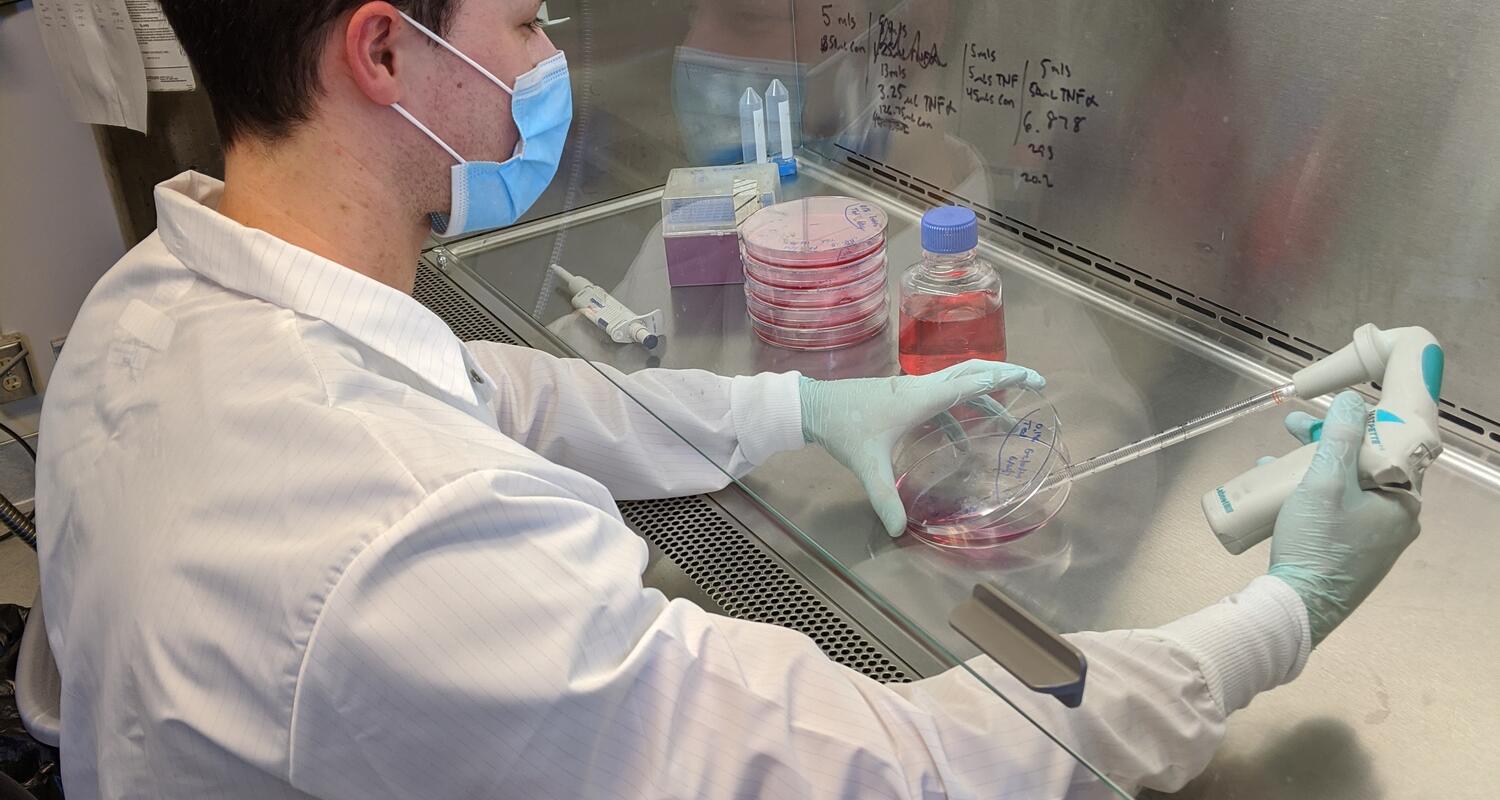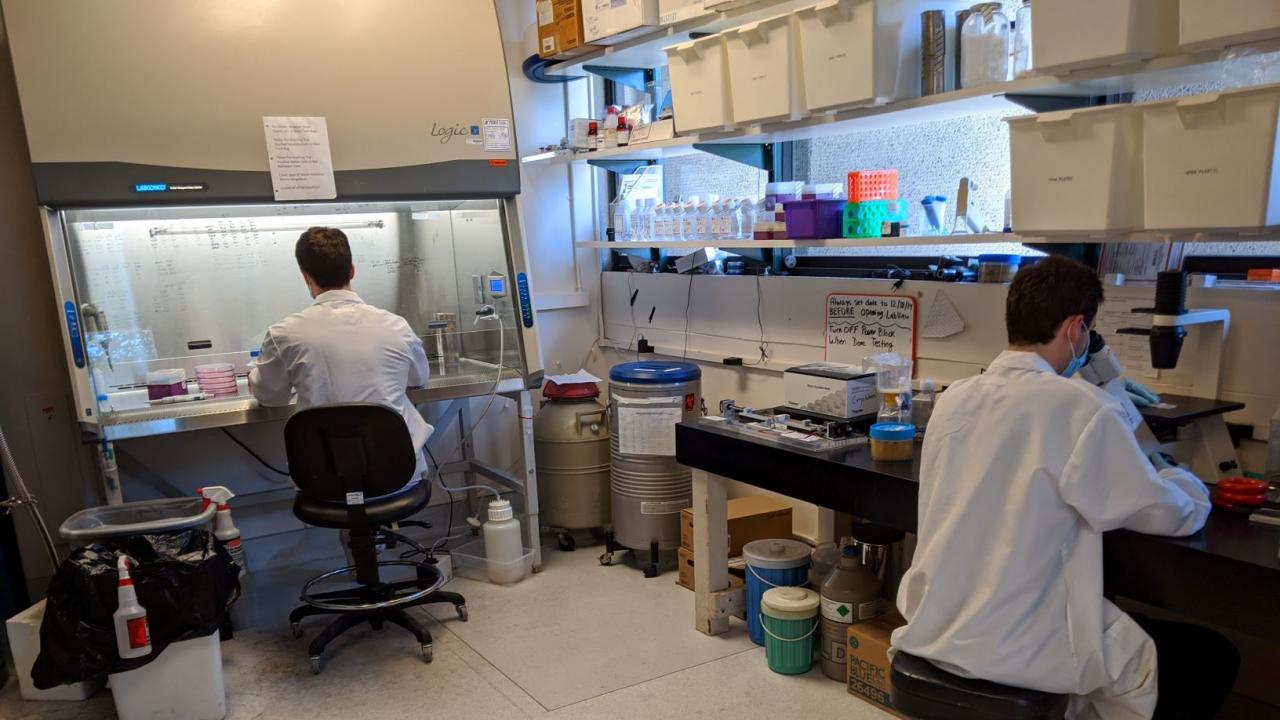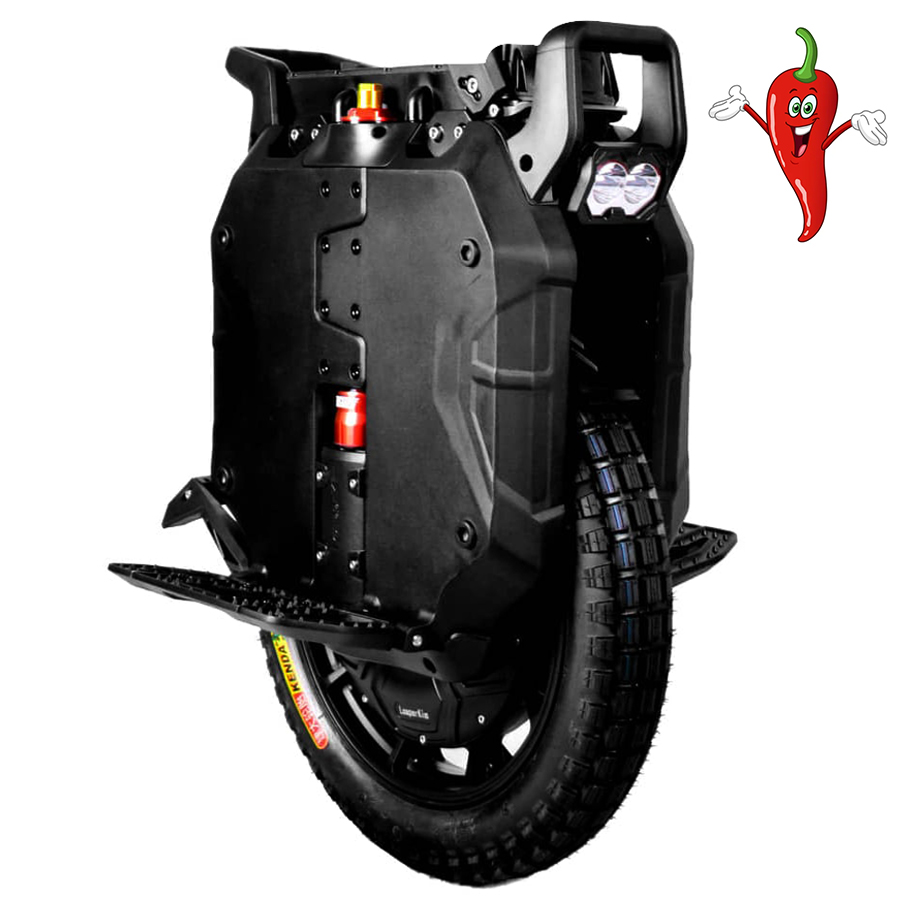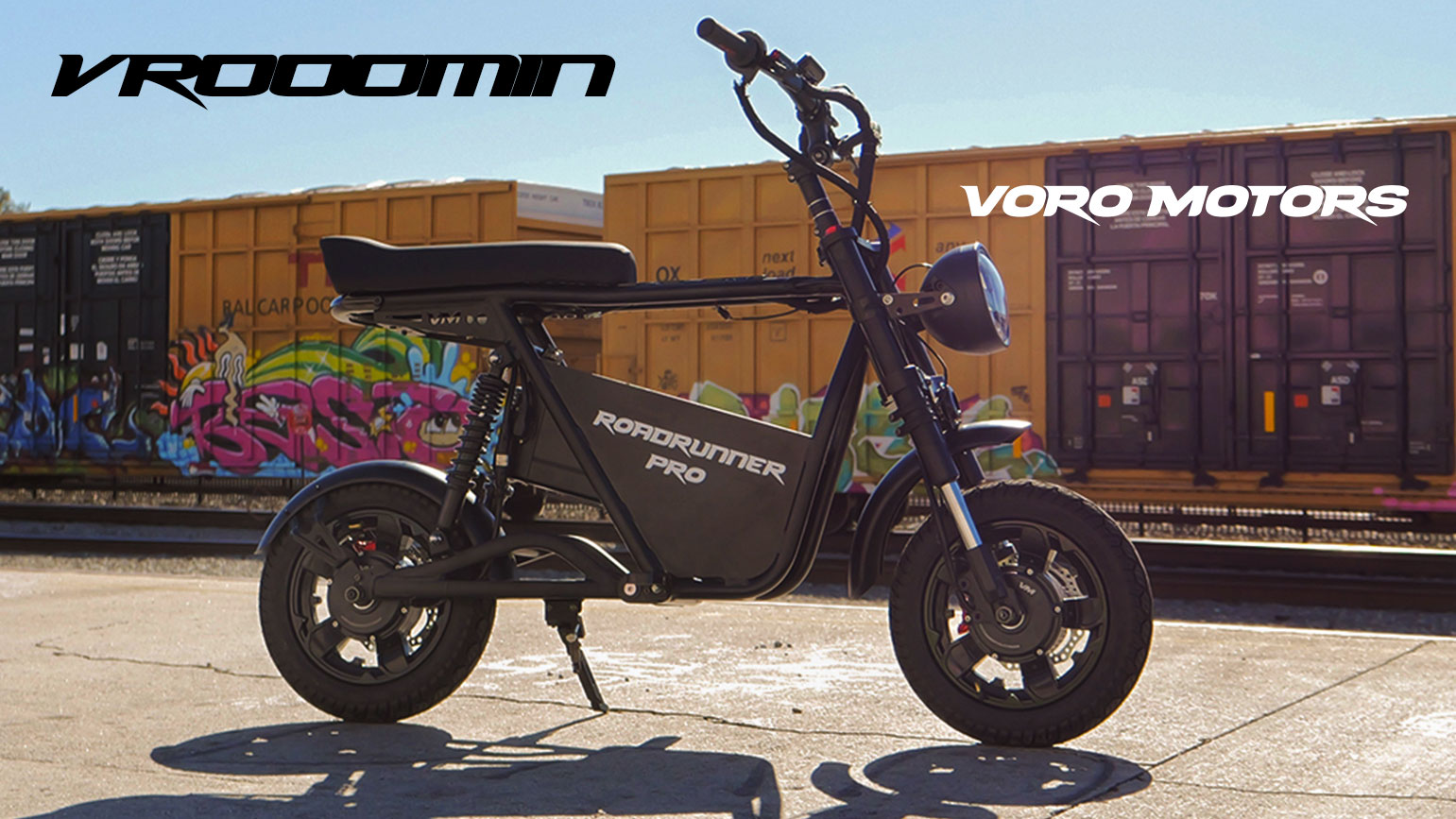
Beer and a Burger.
UC Davis releases new findings
Our beloved beer and burger combo, while delicious, comes with an environmental cost. Lab-grown beef was thought to be a more sustainable solution, but a recent study reveals a surprising truth. In the current stage, lab-grown meat may actually have a higher environmental impact than traditional beef.
Despite initial hopes for a greener option, the current production methods are falling short. Lab-grown meat, or cultured meat, has gained attention as an alternative by growing animal cells in a lab. However, recent research challenges the belief that it is inherently better for the environment.
Lab-Grown Meat’s Carbon Footprint Potentially Worse Than Retail Beef
Source:
- Lab-Grown Meat’s Carbon Footprint Potentially Worse Than Retail Beef by Amy Quinton, May 22, 2023
- Edward Spang, Food Science and Technology, esspang@ucdavis.edu
- Derrick Risner, Food Science and Technology, drisner@ucdavis.edu
- Amy Quinton, News and Media Relations, 530-601-8077, amquinton@ucdavis.edu
Research
Researchers at UC Davis conducted a study to compare the environmental impact of lab-grown meat with that of traditional beef. They examined the energy required and greenhouse gases emitted at every stage of production. The study revealed that lab-grown meat, using current production methods, has a much higher environmental impact than retail beef.
- Lab-grown meat, also known as cultured meat, is created by growing animal cells in a lab.
- Many people believe lab-grown meat is better for the environment than traditional beef.
- However, a study from UC Davis suggests lab-grown meat’s environmental impact is higher than retail beef.
- Highly purified growth media, similar to those used in pharmaceuticals, increase the environmental impact.
- Transitioning to food-grade ingredients could significantly reduce the environmental impact of lab-grown meat.
- Lab-grown meat using refined growth media has a global warming potential 4 to 25 times greater than retail beef.
Challenges
One of the challenges with lab-grown meat lies in the use of highly refined growth media, which are substances that help animal cells multiply. These growth media are similar to those used in the production of pharmaceuticals. The refined media require more resources and contribute to increased global warming potential. This means that lab-grown meat produced using these purified growth media has a global warming potential that is four to 25 times greater than retail beef.
- In the best-case scenario, lab-grown meat could be 80% lower or 26% higher in global warming potential than traditional beef.
- Even in the best-case scenario, lab-grown meat does not outperform the most efficient beef production systems.
- Investing in climate-friendly beef production methods may reduce emissions more quickly than investing in lab-grown meat.
- The use of refined growth media poses a significant technological challenge for lab-grown meat.
- The UC Davis Cultivated Meat Consortium aims to advance lab-grown meat technology and research.
- Lab-grown meat may have applications beyond food, such as reducing the cost of pharmaceuticals.
- Scaling up lab-grown meat too quickly without considering the environment could be harmful.
- Lab-grown meat is not a guaranteed environmentally friendly alternative to traditional beef.
Future
Despite the current challenges, there is hope for the future of lab-grown meat. The researchers suggest that by using primarily food-grade ingredients or cultures instead of expensive and energy-intensive pharmaceutical-grade ingredients, the environmental impact of lab-grown meat could be significantly reduced. In this scenario, lab-grown meat could have a global warming potential between 80% lower and 26% higher than traditional beef production.

Traditional
However, even under the best-case scenario, lab-grown meat still does not outperform traditional beef in terms of environmental impact. The study found that even the most efficient beef production systems are more environmentally friendly than lab-grown meat. Therefore, investing in more climate-friendly beef production methods may lead to greater reductions in emissions more quickly than investing in lab-grown meat.
- The study highlights the need for technical advancements to improve lab-grown meat’s performance and reduce costs.
- There is valuable scientific knowledge to gain from lab-grown meat research, regardless of its environmental impact.
- Lab-grown meat has the potential to become a more sustainable option with advancements in technology.
- Researchers caution against overestimating the environmental benefits of lab-grown meat at its current stage.
- The study was funded by the UC Davis Innovation Institute for Food and Health and the National Science Foundation.
- The research serves as a reminder to consider the environmental implications of lab-grown meat and explore other sustainable alternatives.
Challenge
Transitioning from the current use of pharmaceutical-grade ingredients to food-grade ingredients poses a significant technological challenge. The researchers are part of the UC Davis Cultivated Meat Consortium, a group focused on advancing the technology and research of lab-grown meat. Their goal is to develop the technology necessary to produce lab-grown meat using more environmentally friendly methods.
Lab-grown meat, while initially believed to be a more environmentally friendly alternative to traditional beef, may not be inherently better for the environment. The use of refined growth media increases its environmental impact. However, researchers are hopeful that by transitioning to food-grade ingredients and addressing technological challenges, lab-grown meat could become a more viable and sustainable option in the future. Until then, it is important to continue investing in climate-friendly beef production methods.
Disclaimer: The information presented in this article is derived from extensive research, user reviews, and publicly available information. Our aim is to provide accurate and up-to-date content; however, it is crucial to understand that the opinions expressed are based on the information available at the time of writing. We strongly encourage readers to conduct their own thorough research and carefully evaluate their individual needs before making any purchasing decisions.

 eWheels 2023 Summer Deals and New Launches are here!!!
eWheels 2023 Summer Deals and New Launches are here!!!
 Cheap, reliable, and powerful! TurboAnt Electric Scooters 2023 Sale!
Cheap, reliable, and powerful! TurboAnt Electric Scooters 2023 Sale!

Beginner
Teverun Blade Mini Pro
34 MPH • 37 Miles • 66 LBS. • $1,299

Save $50 with Code "VROOOMIN"
emove RoadRunner Pro
50 MPH • 50 Miles • 114 LBS. • $2,895

Save $50 w/ Coupon Code: VROOOMIN
VSETT 10+
50 MPH • 60V 20.8AH • 86 LBS. • $1,709

Voro Motors: Save $50 with code VROOOMIN
emove cruiser
33 MPH • 56 Miles • 52 LBS. • $1,399

Expert
Dualtron Thunder 3
62 MPH • 105 Miles • 105 LBS. • $4,299

Voro Motors: Save $50 with code VROOOMIN
emove RoadRunner
35 MPH • 50 Miles • 55 LBS. • $1,695

Save $50 with Code "VROOOMIN"
kaabo Wolf King GT
62 MPH • 70 Miles • 115 LBS. • $3,195

Voro Motors: Save $50 with code VROOOMIN
kaabo Mantis GT
43.5 MPH • 65 Miles • 72 LBS. • $2,495

Advanced
Teverun Fighter Supreme
62 MPH • 74 Miles • 100 LBS. • $4,199

Commuter Friendly
Apollo City
27 MPH • 30 Miles • 57 LBS. • $1,299
Voro Motors: Save $50 with code VROOOMIN
2023 Electric Unicycles:
Coupons & Deals:
- Save $50 off Kaabo and EMOVE electric scooters with Coupon Code: VROOOMIN
- Apollo Scooters: Get $50 USD worth of free accessories, upgrades, or spare parts with the purchase of a scooter. Code: VROOOMIN
- REV Rides: Save $50 off Scooters and EUC's, Code: VROOOMIN
- Save 5% off Armor-Dilloz Code: VROOOMIN05
- Save $50 off EMOVE Cruiser Electric Scooter Coupon Code: VROOOMIN
- EVOLV Electric Scooters: Free Folding Lock (worth C$80) for every EVOLV model! Use Code: VROOOMIN-LOCK
To keep the site running and information flowing, Vrooomin.com participates in affiliate linking programs. We're also an Amazon Associate, which means we get paid for referring people to Amazon. Please support the channel by clicking on our links.





























